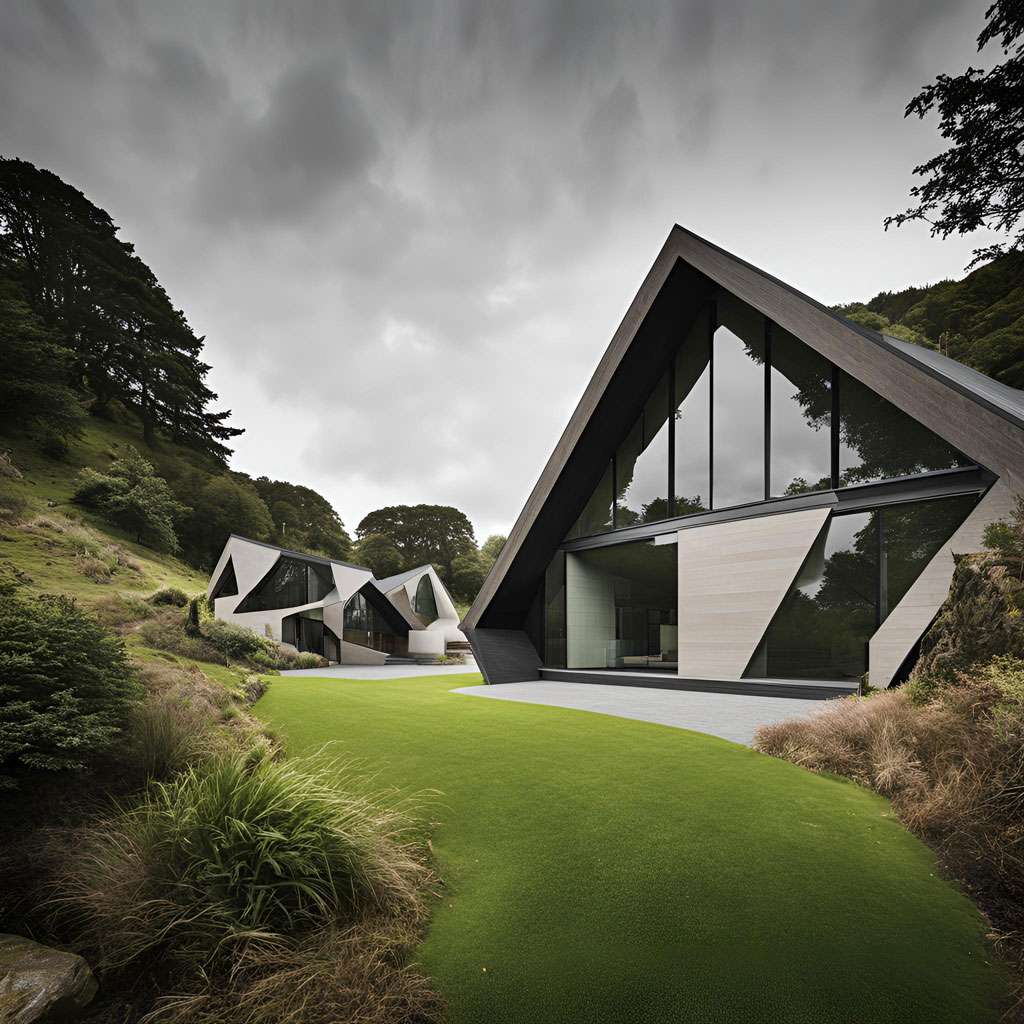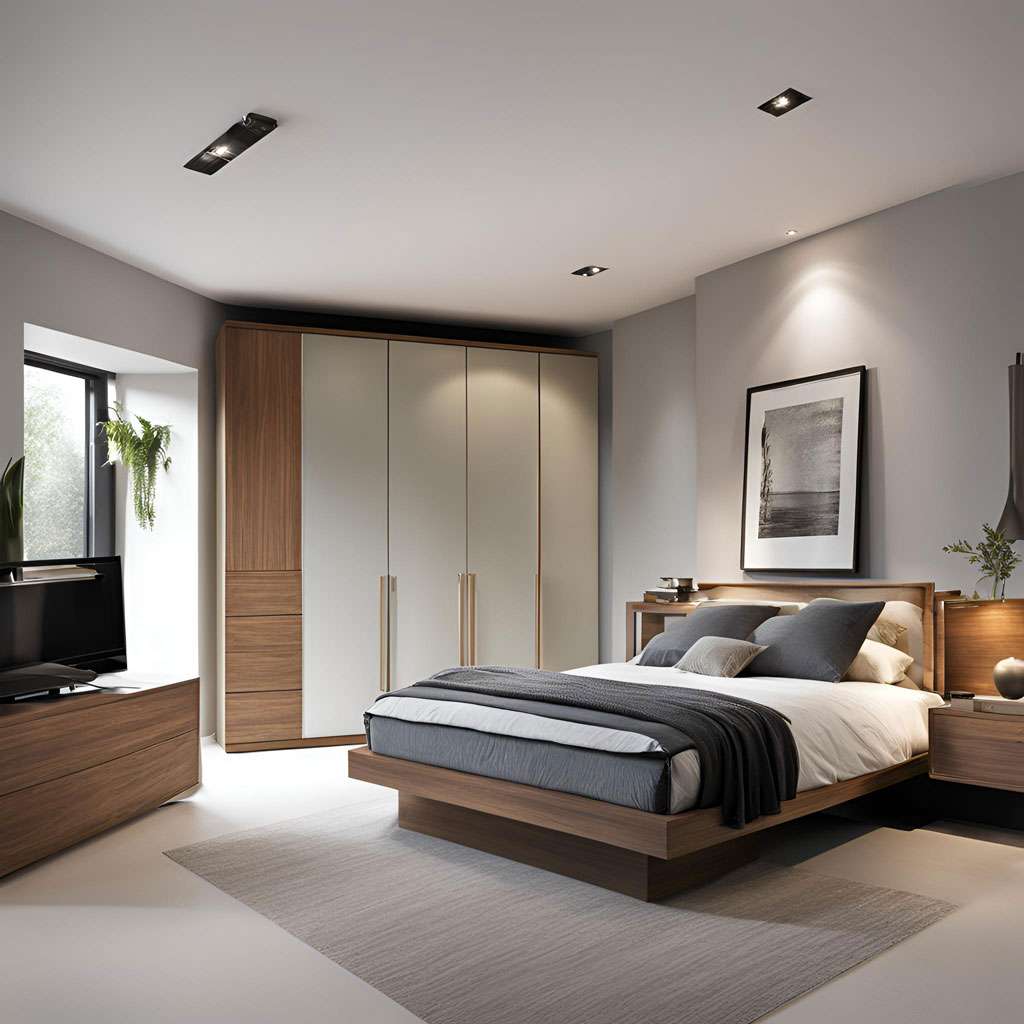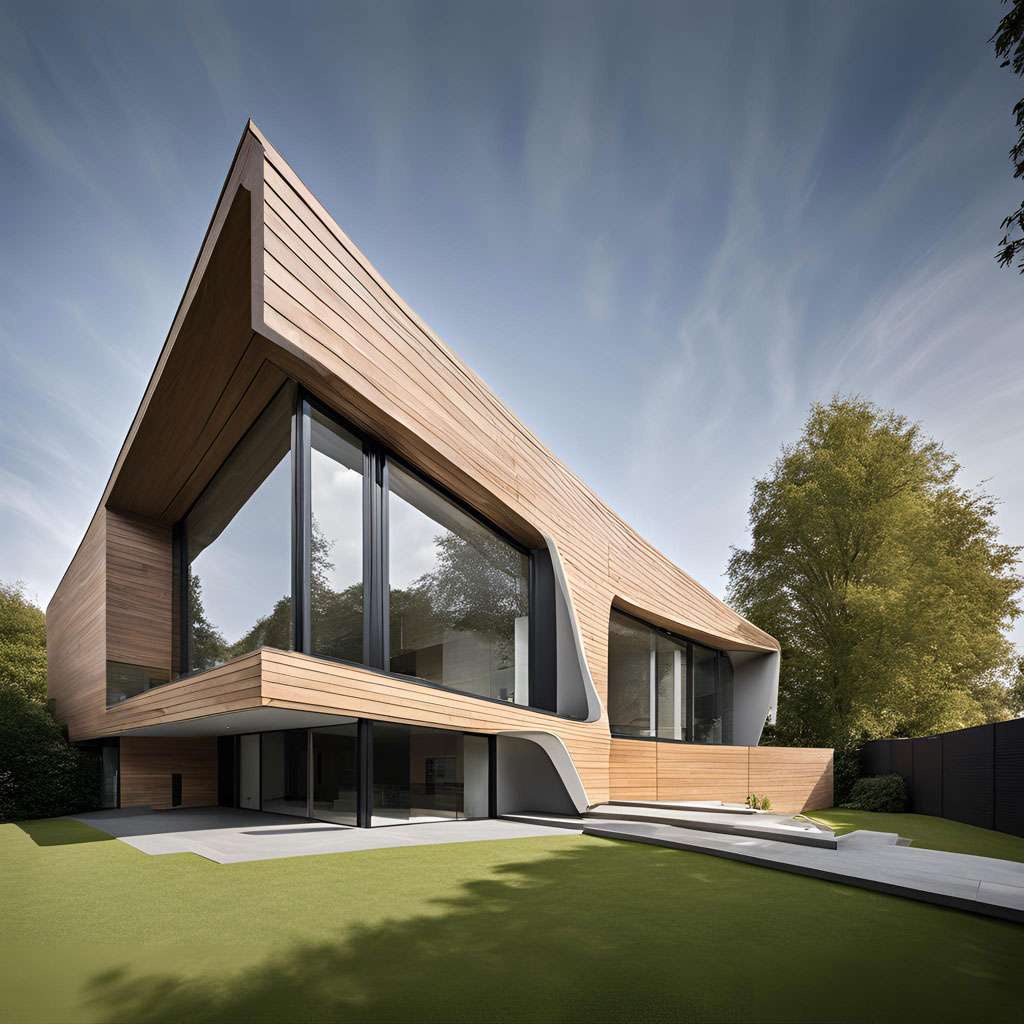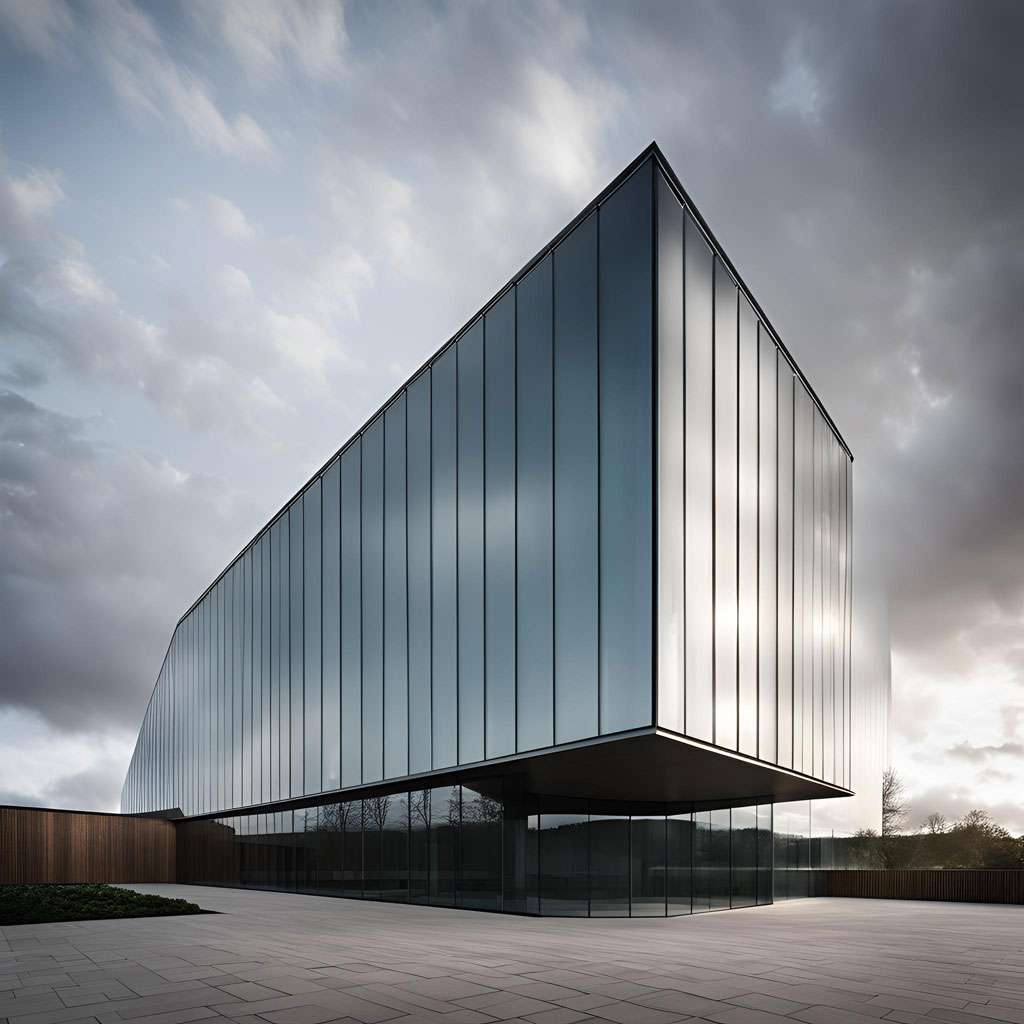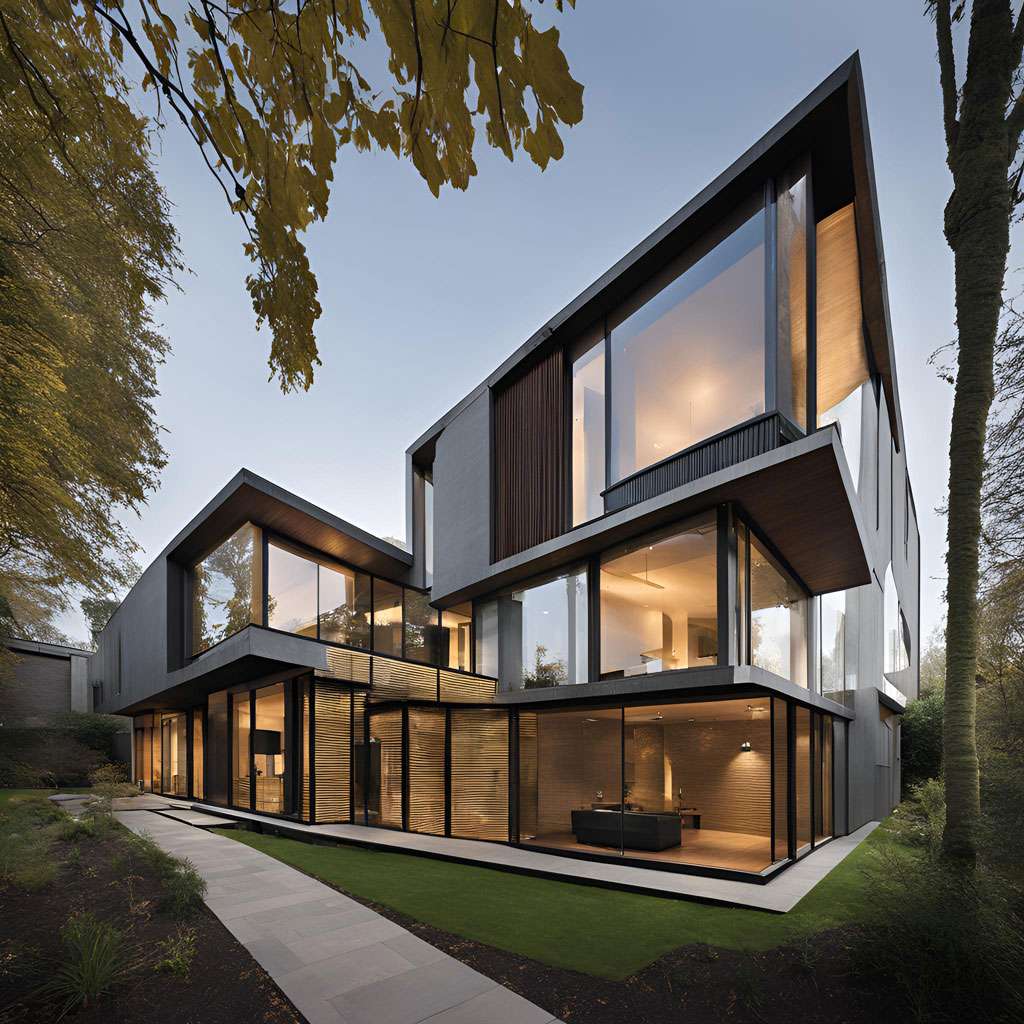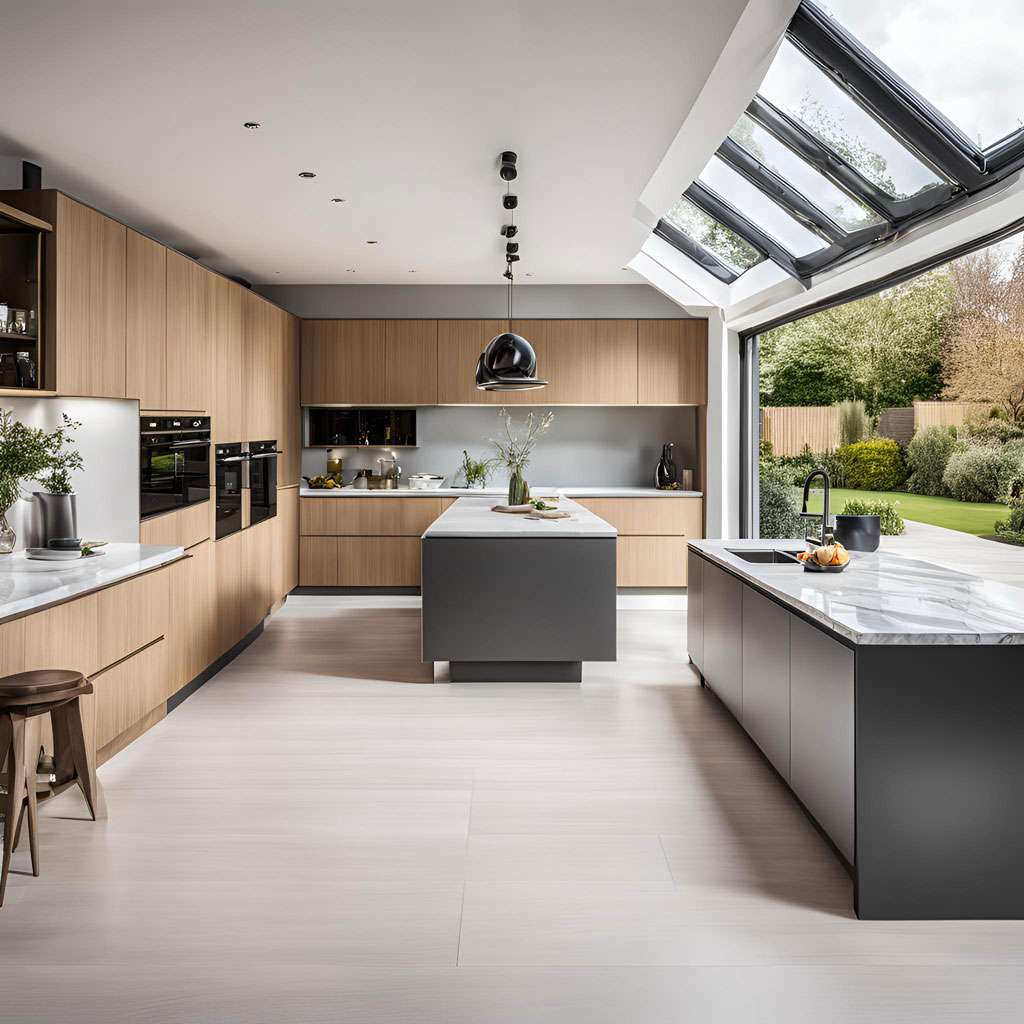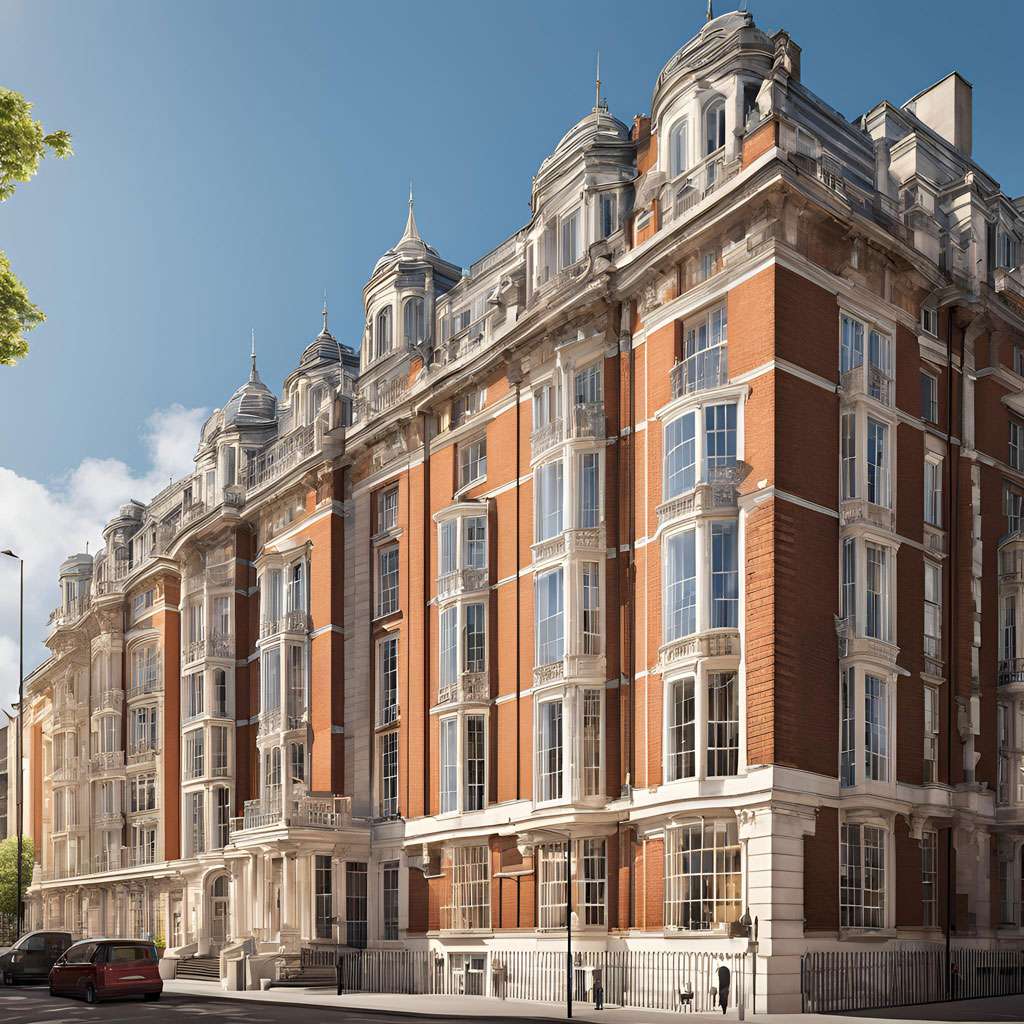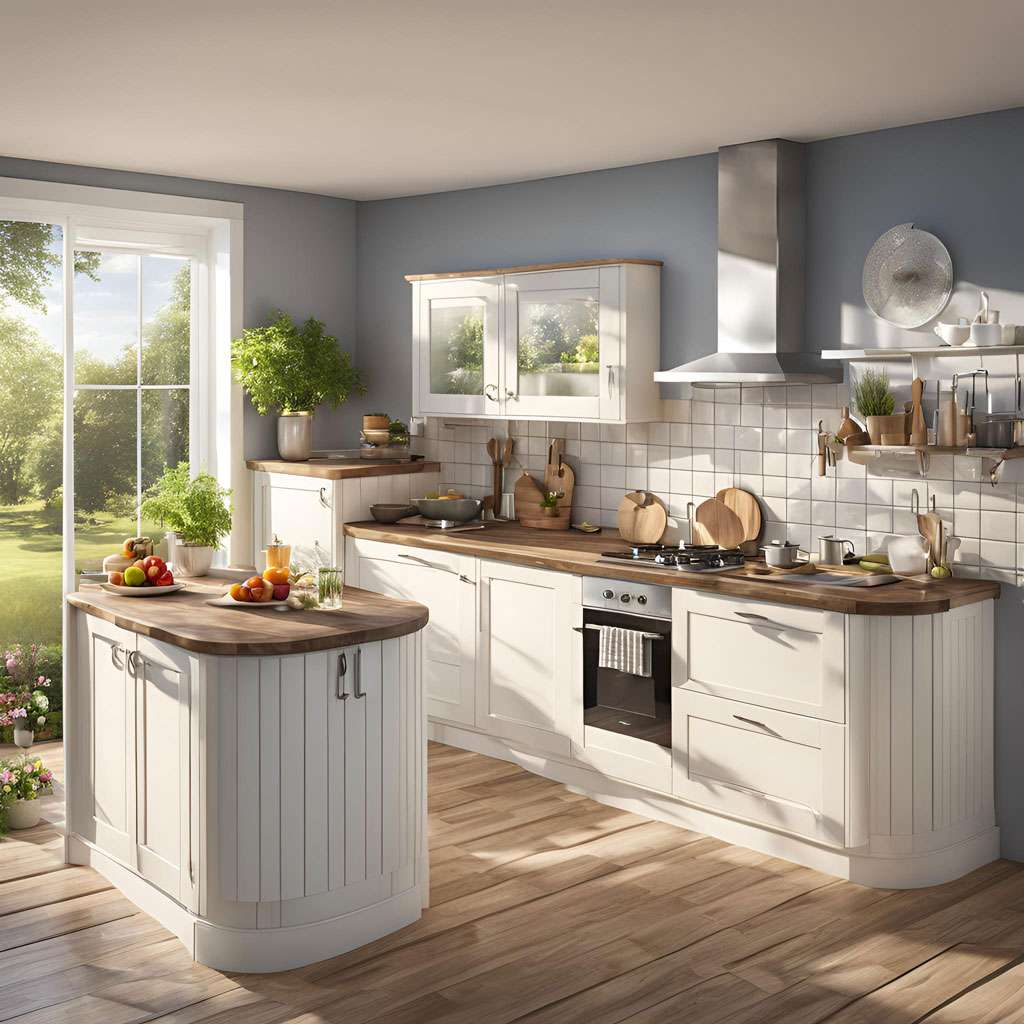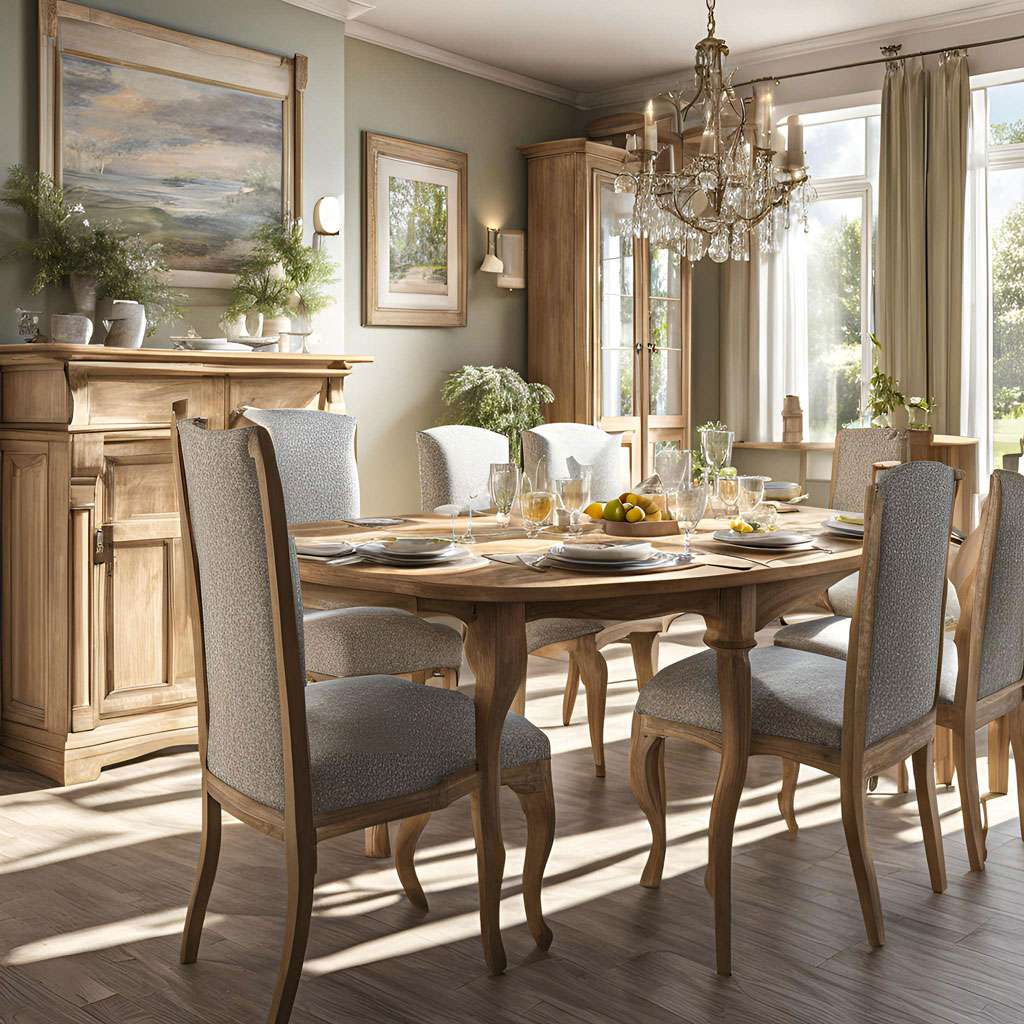What does a 3D design agency do? by LUXE3D
What does a 3D design agency do? by LUXE3D
A 3D design agency like Luxe3D.co.uk plays a crucial role in bringing architectural concepts, product designs, and creative visions to life through advanced digital modeling and rendering techniques. These agencies specialize in creating highly detailed, visually stunning 3D models that serve a variety of industries, including real estate, interior design, product development, and entertainment.
At its core, a 3D design agency focuses on transforming 2D sketches, CAD files, and conceptual ideas into fully immersive 3D visualizations that provide clients with a realistic preview of the final product, structure, or environment. These visualizations can be used for presentations, marketing materials, or as a tool for decision-making in the design process.
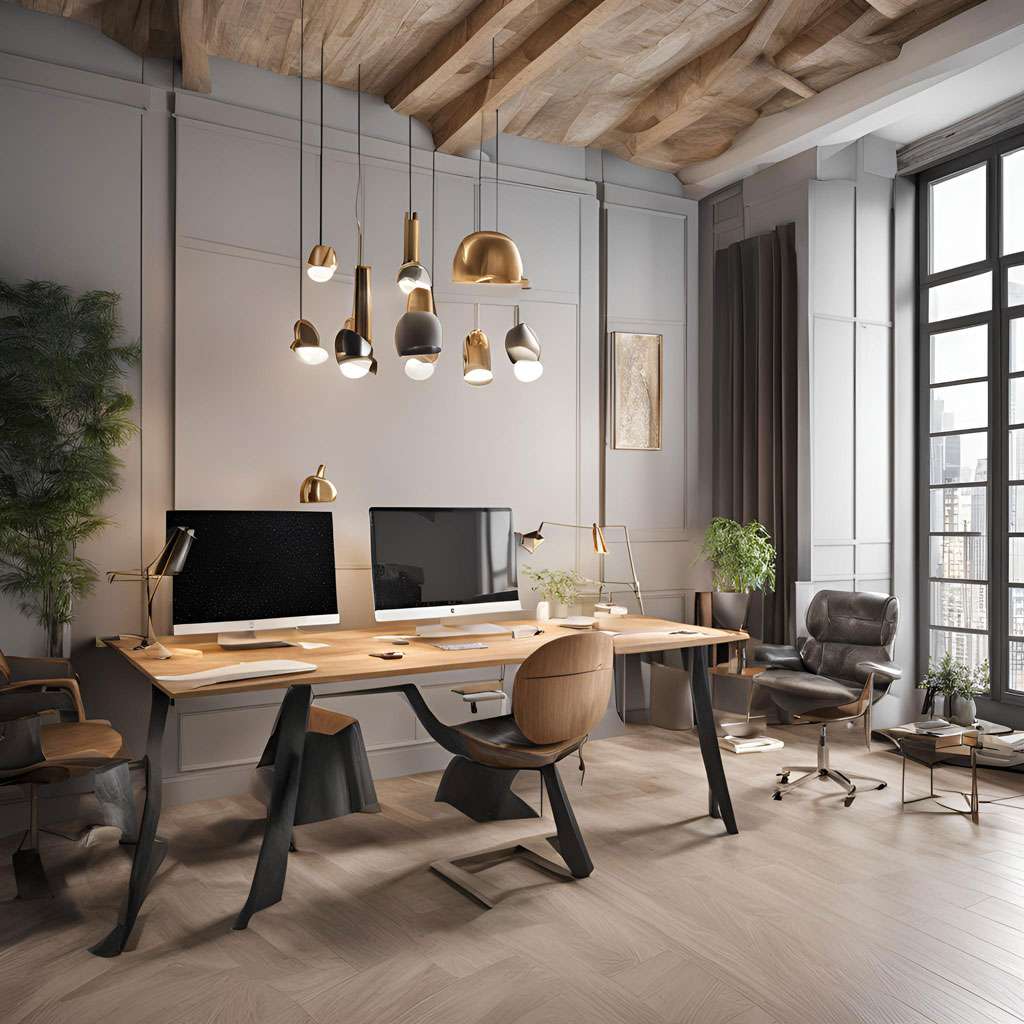
-
Key Services Offered by a 3D Design Agency like Luxe3D.co.uk:
- 3D Architectural Renderings: One of the most common services, particularly for the real estate and construction industries. Luxe3D.co.uk specializes in creating detailed 3D architectural renderings that help architects, developers, and homeowners visualize their projects before any construction begins. These renderings help highlight architectural details, interior spaces, and the overall design, offering a clear view of what the final outcome will look like.
- Interior Design Visualizations: Luxe3D.co.uk, as a top-tier 3D design agency, works closely with interior designers to create stunning 3D renderings of residential and commercial spaces. By using advanced lighting, texture mapping, and design elements, we ensure clients get a realistic representation of the space, helping them make informed decisions about furnishings, layouts, and overall design aesthetics.
- Product Prototyping and Visualization: Beyond architecture and interiors, 3D design agencies like Luxe3D.co.uk are also essential in product development. By creating highly detailed 3D product models, agencies help businesses and entrepreneurs visualize new products before they go into production. This service is particularly valuable in industries like manufacturing, consumer electronics, and furniture design, where prototyping costs can be high.
- Virtual Reality (VR) and Augmented Reality (AR) Integration: Luxe3D.co.uk, as a forward-thinking 3D design agency, offers immersive experiences by integrating 3D architectural renderings into VR and AR environments. This allows clients to explore designs in a fully immersive way, walking through virtual models of buildings or experiencing product prototypes in an augmented space. These cutting-edge technologies are transforming how clients engage with 3D designs.
- Animation and Walkthroughs: Another critical service provided by 3D design agencies is creating animated walkthroughs of architectural projects. Luxe3D.co.uk excels in producing fluid and realistic 3D animations that take clients on a virtual tour of their project, highlighting every aspect of the design from the exterior structure to the interior layout. This level of engagement is particularly effective in real estate marketing or high-profile development pitches.
- Photorealistic Renderings: Luxe3D.co.uk delivers top-of-the-line photorealistic 3D architectural renderings, which are detailed enough to be indistinguishable from real photos. These are used in marketing campaigns, sales brochures, or online listings to give potential buyers or investors a complete and captivating view of the project.
Why Choose Luxe3D.co.uk as Your 3D Design Agency?
Luxe3D.co.uk stands out as a premier 3D design agency offering top-notch 3D architectural renderings and visualization services. Our team of experts uses state-of-the-art software and technology to create custom visualizations that bring your projects to life. Whether you’re in the real estate sector, an interior designer, or a product developer, we ensure that our 3D renderings meet the highest standards, helping you present your vision in the most compelling way possible.
In conclusion, a 3D design agency like Luxe3D.co.uk is instrumental in creating realistic, immersive, and detailed 3D renderings that are pivotal in project presentations, marketing, product development, and much more. By leveraging the power of 3D design, Luxe3D.co.uk helps clients elevate their projects and ideas to the next level, ensuring success in their respective industries.

